
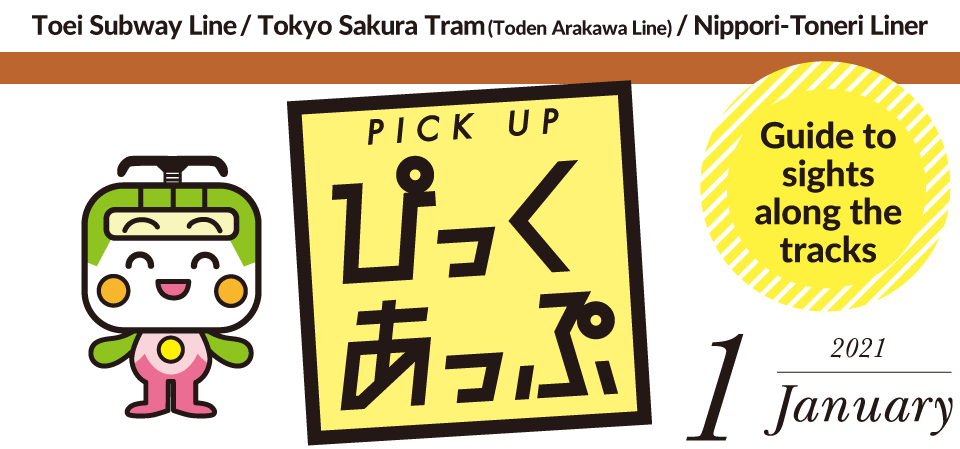
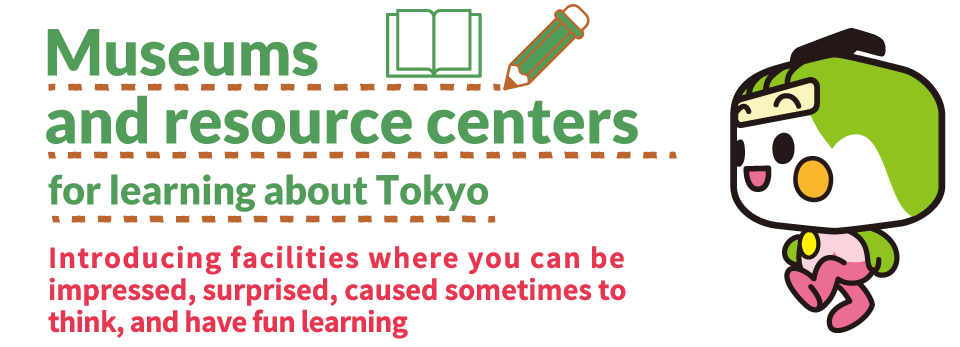
Tokyo Waterworks Historical Museum
Approximately 400 years on the Tokyo waterworks from the Edo period
You will enjoy learning about the history and engineering behind Tokyo’s water supply, from the running water supply during the Edo-period called "Josui” to the running water of the present day. This is a place that reproduces row houses and well sides where people congregate, and where you can visit to learn about the lives of ordinary people during the Edo period. This facility enables you to experience the engineering involved with the Tokyo water supply, which has reached one of the highest levels in the world both in scale and in water quality.
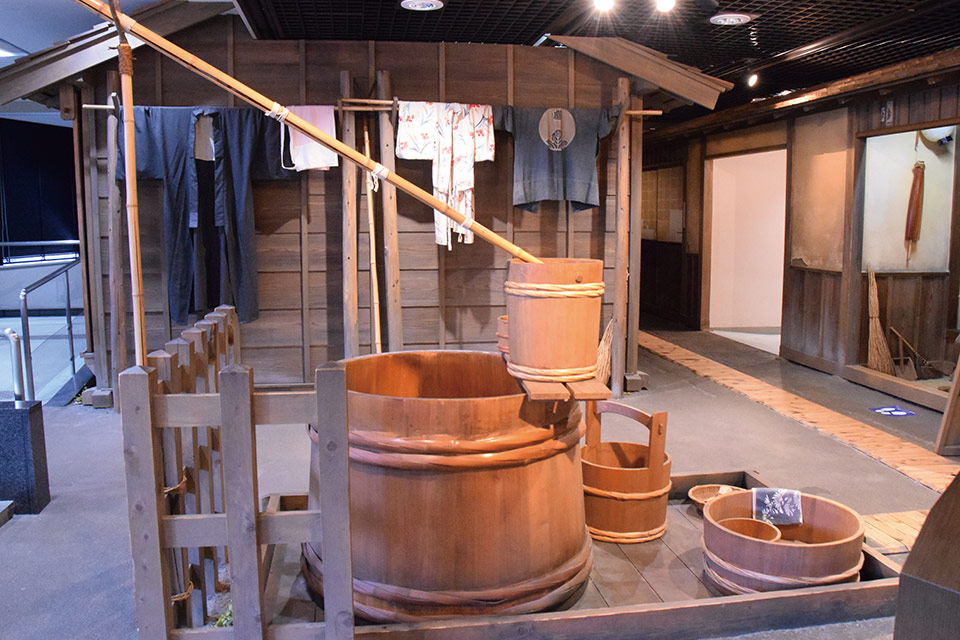
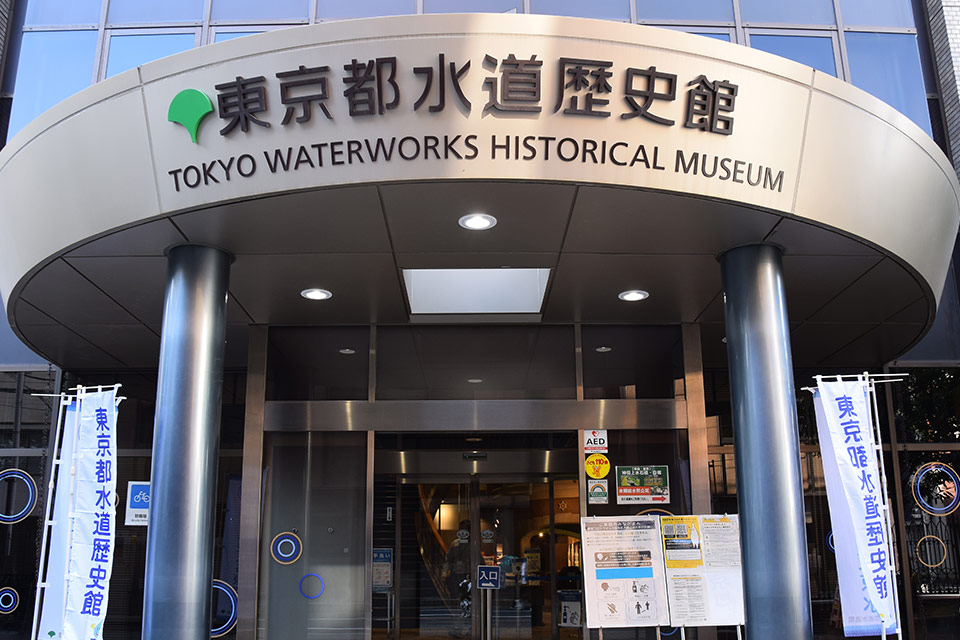
8-min. walk from Suidobashi Station on the Toei Mita Line
8-min. walk from Hongo-sanchome Station on the Toei Oedo Line
Address2-7-1 Hongo, Bunkyo-ku
Hours9:30 to 17:00 *Admission allowed until 16:30
Entrance feeFree of charge
Closed4th Monday of every month *If that day is a public holiday, the facility is closed following weekday *Closed for the New Year's holidays (December 28 to January 4)
Contact03-5802-9040( Tokyo Waterworks Historical Museum )
Shinjuku Historical Museum
Learn about the history of Shinjuku from the Old Stone Age to the modern day
On exhibition are historical materials related to Shinjuku-ku, including those from the excavated artifacts of the Old Stone Age, the large diorama of “Naitoh-Shinjuku,” the post station from which Shinjuku got its name, the early Showa streetcar, the Tokyo City Streetcar system (Toden), and a reproduction model of "Bunka-jutaku" that added a western space to traditional Japanese style houses. Tokyo’s skyscrapers may look a little differently to you once you’ve seen the exhibition.
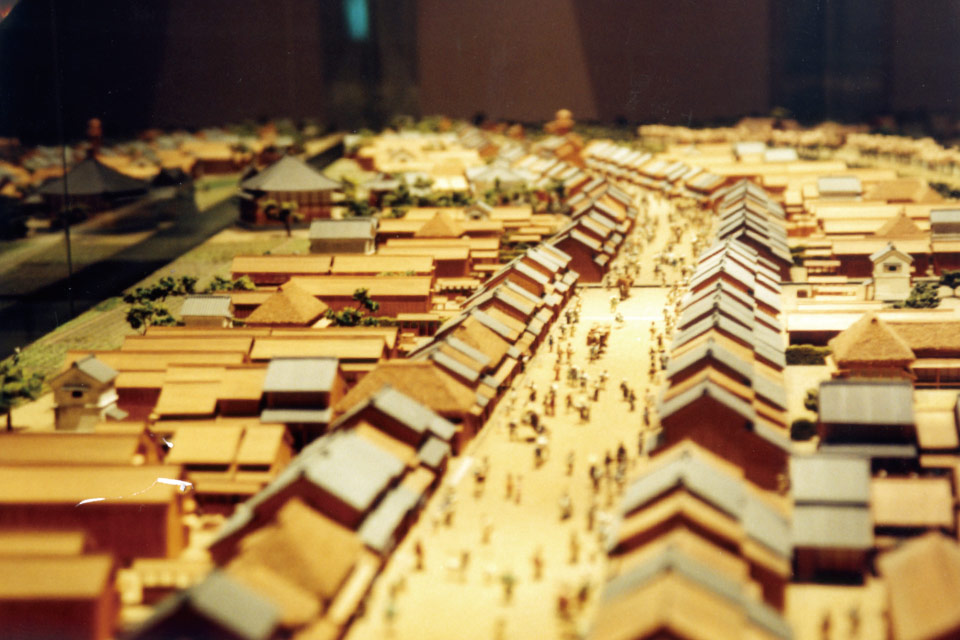
Photographs supplied by: Shinjuku Historical Museum
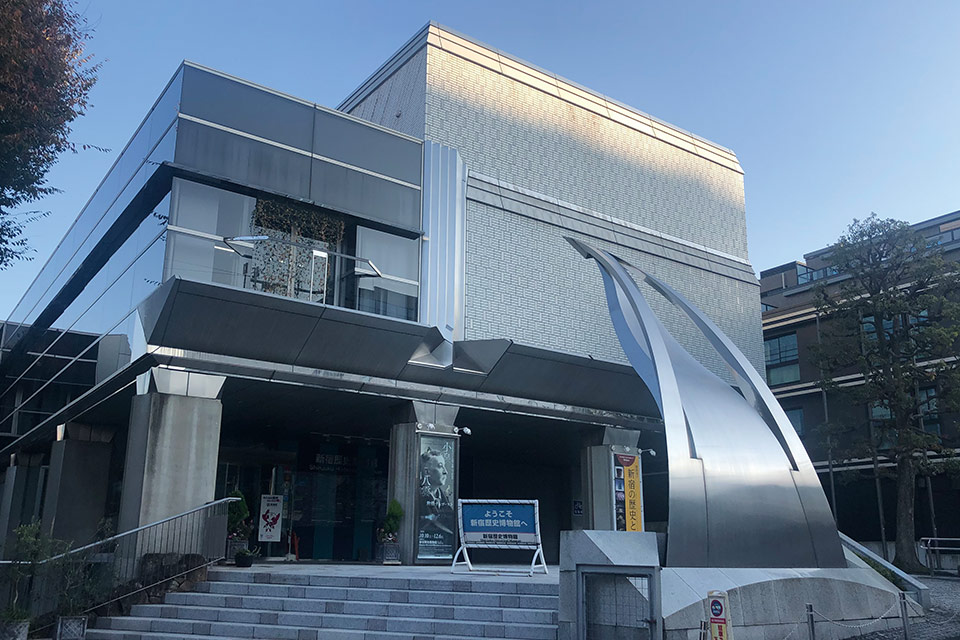
Photographs supplied by: Shinjuku Historical Museum
8-min. walk from Akebonobashi Station on the Toei Shinjuku Line
Address12-16 Yotsuyasaneicho, Shinjuku-ku
Hours9:30 to 17:30 *Admission allowed until 17:00
AdmissionGeneral: ¥300; Elementary and junior high school students: ¥100; *Special exhibitions and collaborative exhibitions are subject to separate fees.
Closed2nd and 4th Mondays of every month *If they are a public holiday, the facility is closed the following weekday *Closed for the New Year's holidays (December 29 to January 3) and days designated by the museum
Contact03-3359-2131( Shinjuku Historical Museum )
Shitamachi Museum Annex
The lives of our ancestors viewed from the shops of merchants
Yoshidaya, a liquor shop establishment from Meiji 43 (1910), was relocated from Yanaka. It is , and is a “dashigeta dukuri” or exposed beam style structure that supports the roof with a large protruding beams. You can see the characteristics of the merchant's house at that time in various places, such as the shutter, "ageto", which can also be said to be the prototype of today’s shutters. Exhibited inside are scales, promotional posters, and signs and the like that were in use from the Taisho period all the way up to the early Showa period.
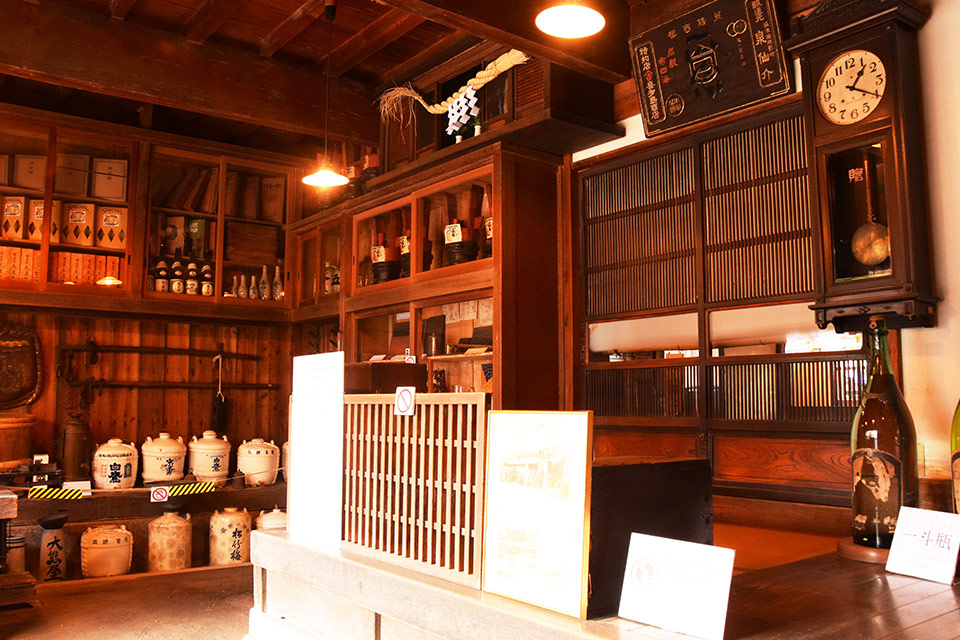
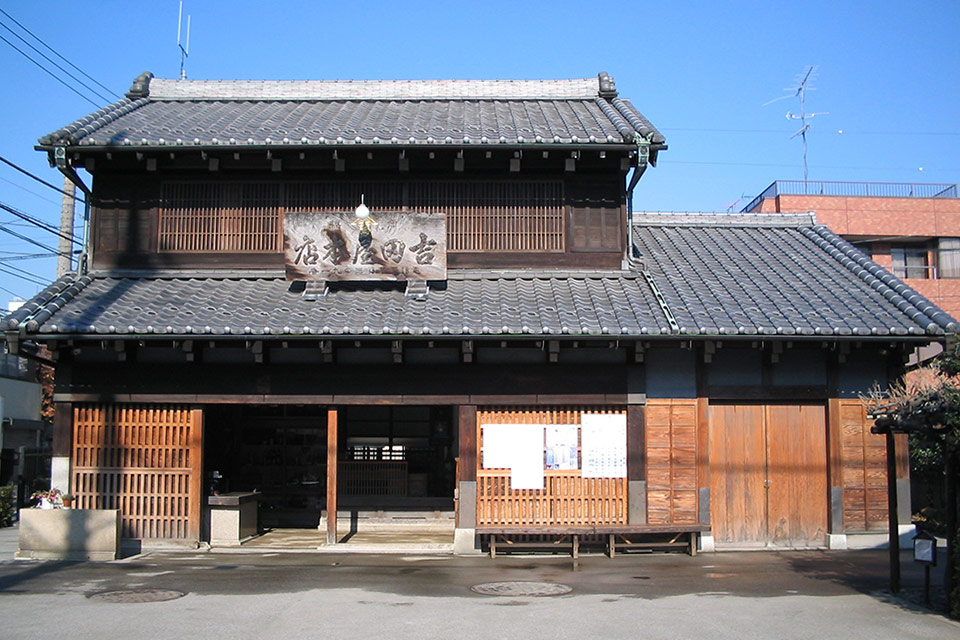
Photographs supplied by: Taito-ku Shitamachi Museum
12-min. walk from Nippori Station on the Nippori-Toneri Liner
Address2-10-6 Ueno-sakuragi, Taito-ku
Hours9:30 to 16:30
Entrance feeFree of charge
ClosedMondays *If that day is a public holiday, the facility is closed following weekday *Closed for the New Year's holidays (December 29 to January 3)
Contact03-3823-4408( Shitamachi Museum Annex )
Edo-Tokyo Museum
It feels like you've experienced a slip in time with a masterful full-scale model
This museum introduces visitors to the history and culture of Tokyo during the Edo period using actual materials and restored models. Among these that is particularly eye-catching is the actual size Nihonbashi, which is located at the entrance to the permanent exhibition room. It is a restoration of the bridge that people crossed when they entered old Edo. It is also a popular photo shooting spot.
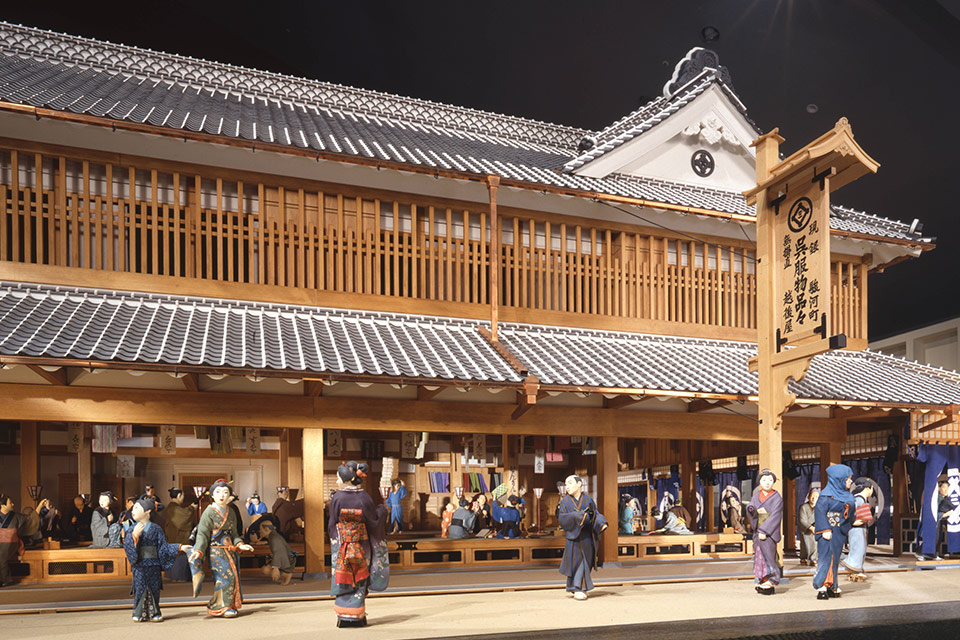
Photographs supplied by: Edo-Tokyo Museum
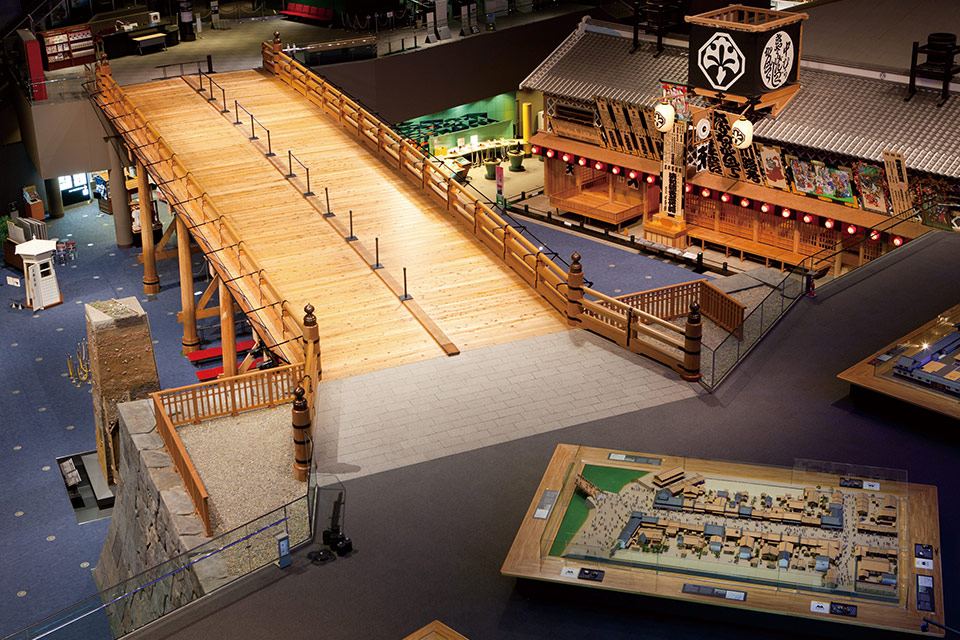
Photographs supplied by: Edo-Tokyo Museum
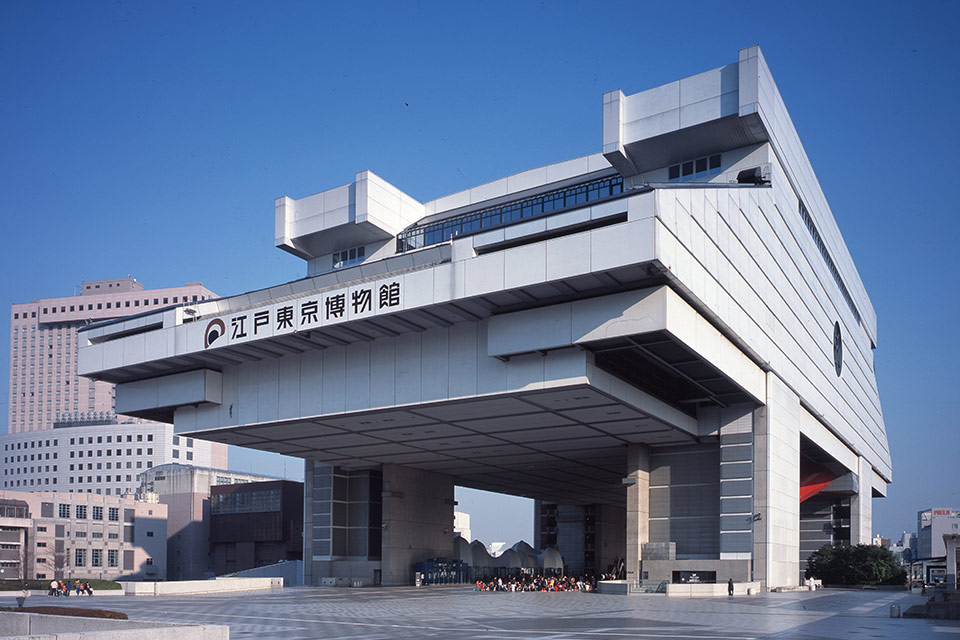
Photographs supplied by: Edo-Tokyo Museum
1-min. walk from Ryogoku Station on the Toei Oedo Line
Address1-4-1 Yokoami, Sumida-ku
Hours9:30 to 17:30 *Admission allowed until 17:00
AdmissionGeneral: ¥600; University and vocational school students: ¥480; High school and junior high school students, elderly (65 or older): ¥300; Junior high and elementary school students from Tokyo: Free admission
ClosedMondays *If that day is a public holiday, the facility is closed following day *Closed for the New Year's holidays (December 21 to January 1)
Contact03-3626-9974( Edo-Tokyo Museum )
Edo Taito Traditional Crafts Center
Exhibit of approximately 250 crafts that shine with their craftsmanship
This offers a collection of traditional crafts from Taito-ku. This is a place where many craftsmen have honed their skills since the Edo period. There are as many as 250 items relating to approximately 48 industries, including "Tokyo Kiri Tansu" (Tokyo paulownia chest), "Edo Sudare" (Edo blinds), and "Edo Sashimono" (Edo cabinetwork). Exhibit descriptions are available in four languages (uses a smartphone). This is a must-see during the Asakusa walking course.
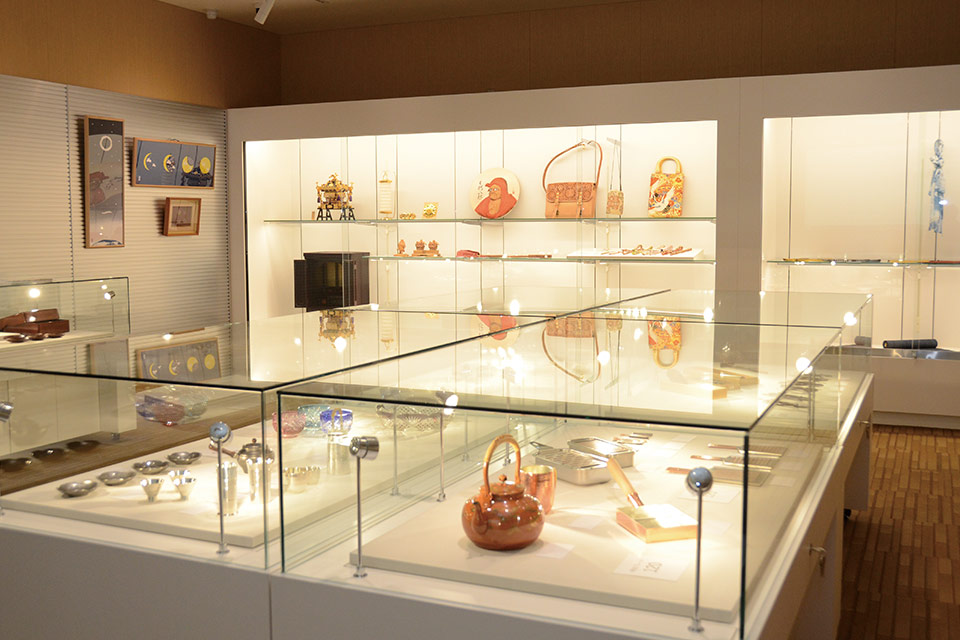
Photographs supplied by: Taito-ku
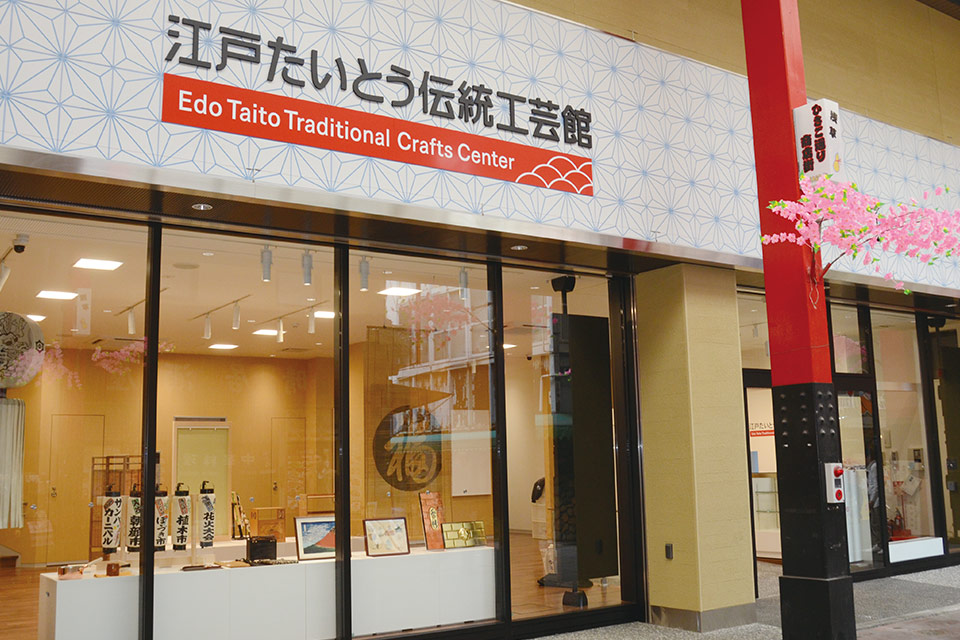
Photographs supplied by: Taito-ku
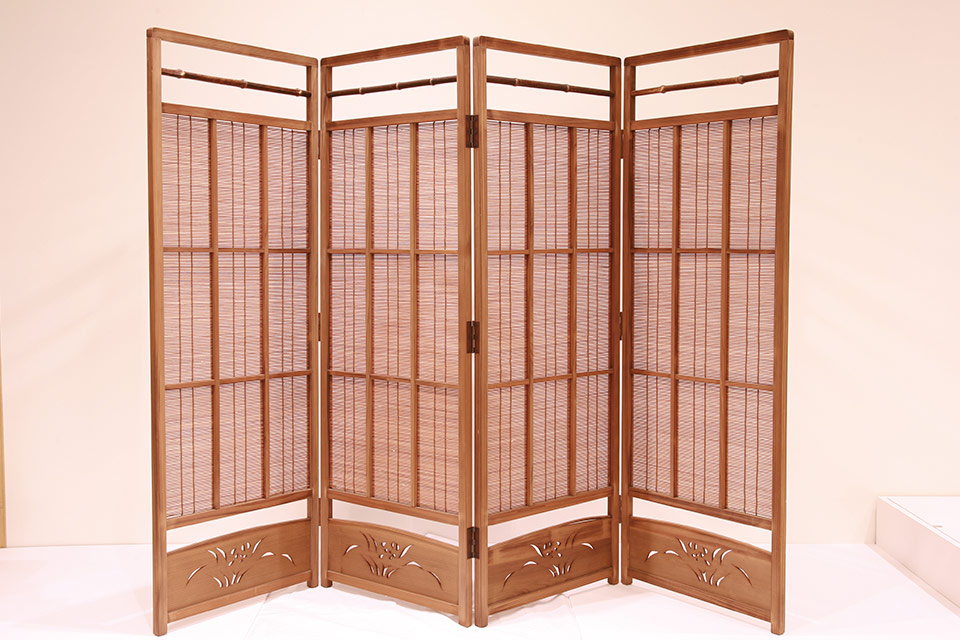
Photographs supplied by: Taito-ku
15-min. walk from Asakusa Station on the Toei Asakusa Line
Address2-22-13 Asakusa, Taito-ku
Hours10:00 to 18:00
Entrance feeFree of charge
Closed2nd and 4th Tuesdays of the month *If it is a public holiday, the following day
Contact03-3842-1990( Edo Taito Traditional Crafts Center )
The Tokyo Some Monogatari Museum
Love the art of dyeing craftsmen who carry on the traditions of Edo culture
The history of dyeing, one of Shinjuku's local industries, is old. It began with the transfer of residence to Shinjuku by many vendors who were looking for the clear stream of the Kanda River approximately 100 years ago. This museum, set up by the long-established Tokyo dye shop, Tomita Dye Crafts, allows visitors to view of "Tokyo Some Komon" (small pattern dyeing) and "Edo Sarasa" (Edo-style Chintz) and the like, as well as to experience printing patterns.
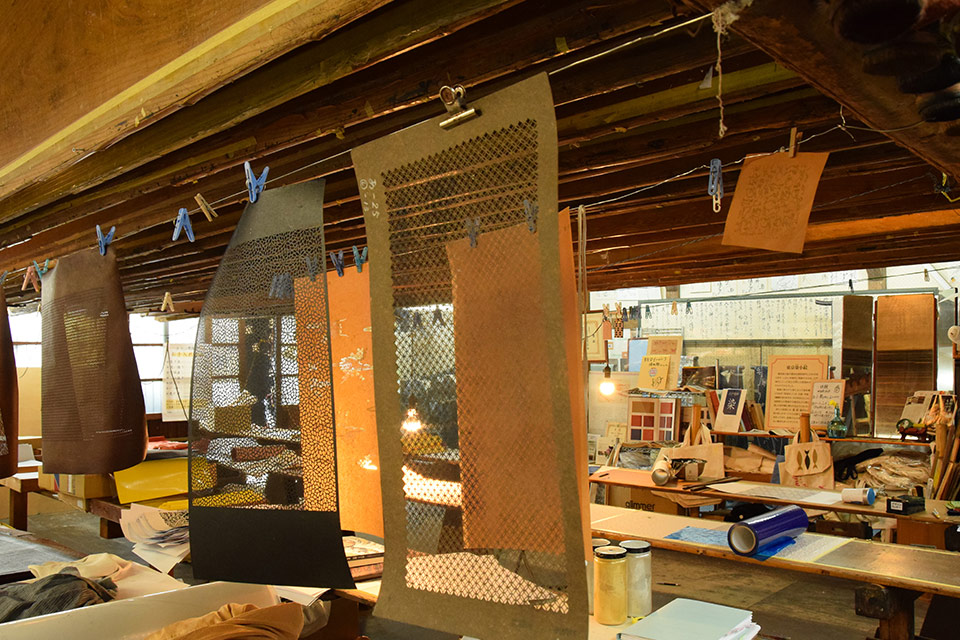
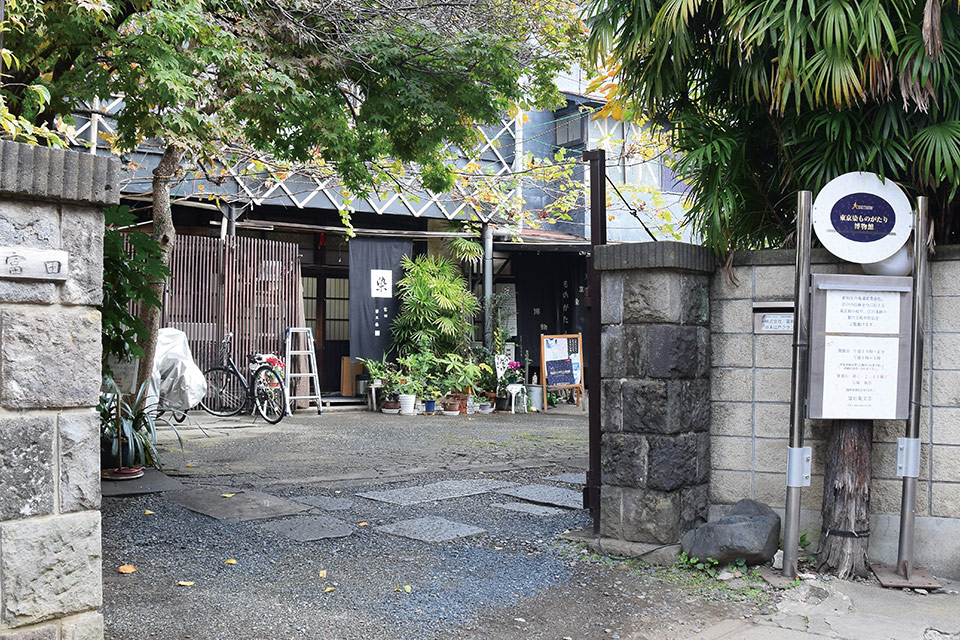
2-min. walk from Omokagebashi Stop on the Tokyo Sakura Tram (Toden Arakawa Line)
Address3-6-14 Nishiwaseda, Shinjuku-ku
Hours9:00 to 16:00 *Closed: 12:00 to 13:00
Entrance feeFree of charge *Workshop experiences are subject to separate fees. (Reservation required)
ClosedSaturday, Sunday, Public holidays, *Closed for the New Year’s holidays (December 26 to January 5)
Contact03-3987-0701( Tomita Dye Craft )
